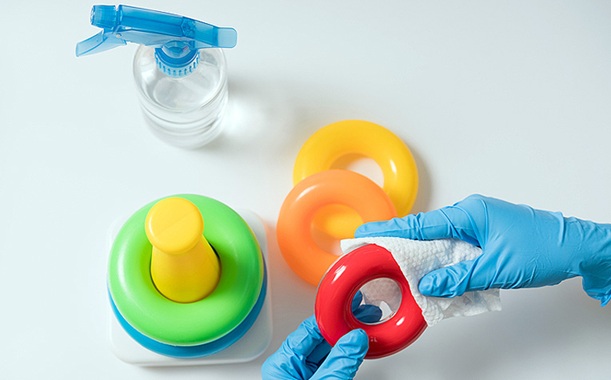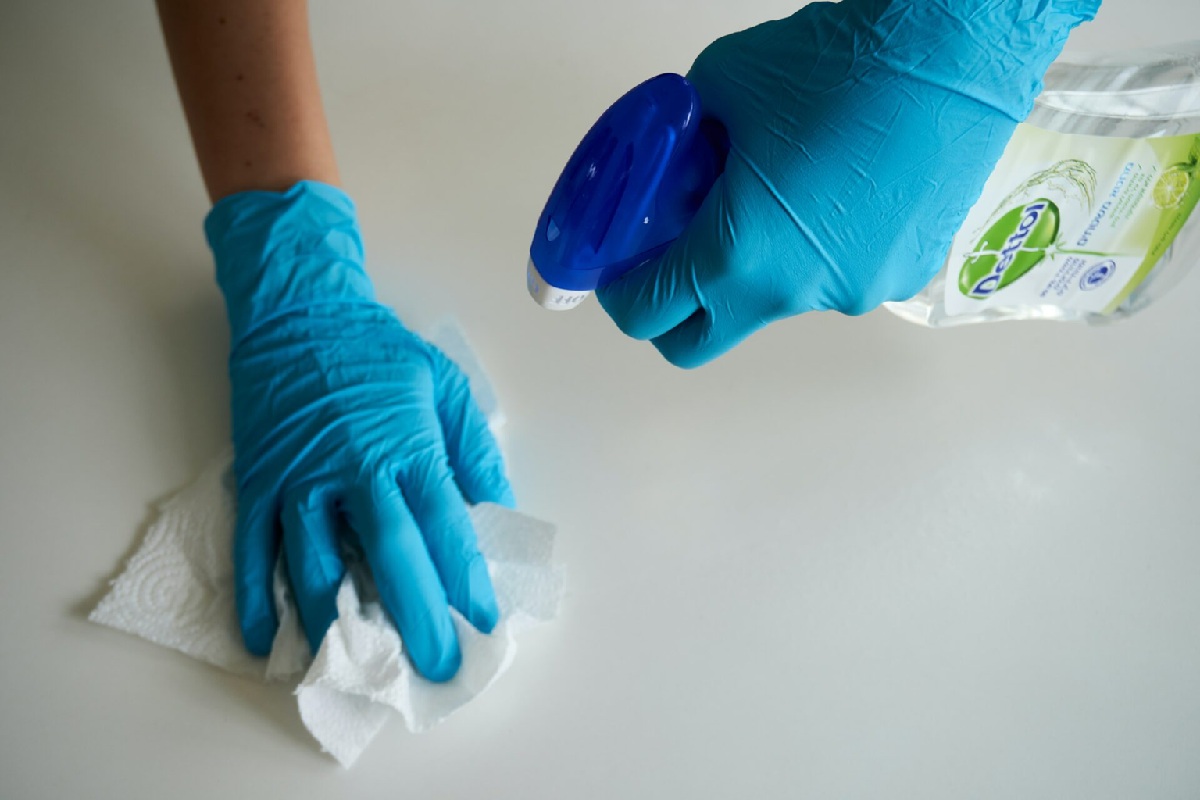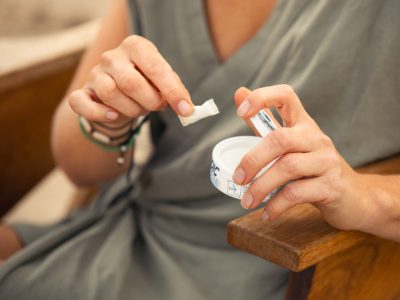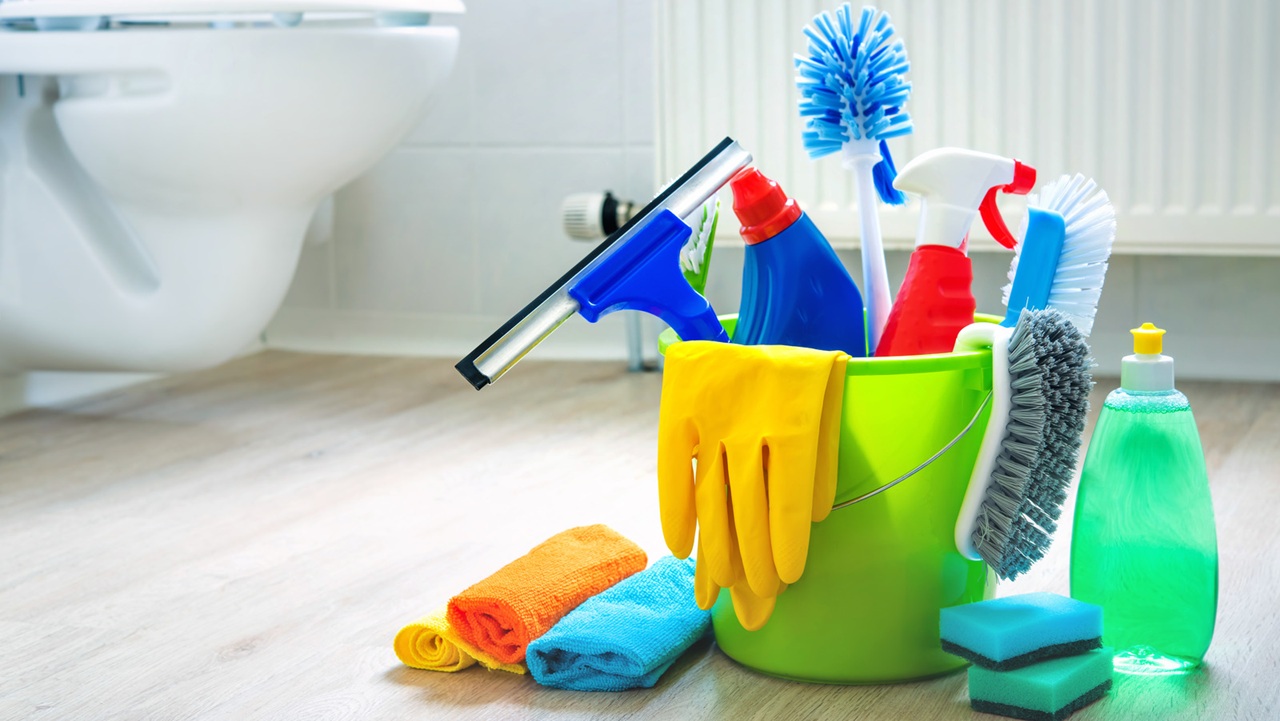Modern society often champions cleanliness as a gold standard of health. We sanitize hands relentlessly, scrub every surface until it gleams, and load our living spaces with antibacterial products. While hygiene is unquestionably important for preventing illness, a thought-provoking question arises,
Can too much cleanliness do more harm than good?
Some scientists think so, and this is where the “hygiene hypothesis” comes in.
The Hygiene Hypothesis Explained
The hygiene hypothesis suggests that reduced exposure to everyday microbes, especially during childhood, may weaken our immune systems. Human bodies evolved alongside vast numbers of microbes, many of which are essential for training the immune system to recognize and fight harmful pathogens. Without sufficient exposure to these microbes, the immune system may overreact to harmless triggers, often resulting in allergies, asthma, and autoimmune conditions.
For example, studies show that children who grow up on farms or in homes with pets tend to have stronger immune systems. The reason? They’re exposed to a wider variety of microbes, which helps their immune systems learn to distinguish between harmful and harmless intruders. In contrast, over-sanitized environments may starve the immune system of this essential “training.”
The Role of Microbial Exposure in Immunity
Our bodies host billions of bacteria, viruses, and fungi that make up what’s known as the microbiome. This complex ecosystem resides in the gut, on the skin, and across various bodily surfaces. It not only aids in digestion but also plays a critical role in immune function by communicating with the immune system and maintaining balance.
When we constantly sanitize our hands or use antibacterial cleaning products, we disrupt the natural microbial diversity on and in our bodies. Overuse of such products can reduce the beneficial microbes that defend us against harmful ones. It’s like removing the guards from the castle and leaving the gates wide open.
Downsides of Overusing Sanitizers and Disinfectants
Decreased Resistance to Allergens
Without exposure to sufficient microbes, the immune system may develop hypersensitivity to allergens like pollen or food particles.
Weak Gut Health
The gut microbiome heavily influences health. Overuse of sanitizers and a sterile environment may limit the bacteria our bodies need to thrive.
Antibiotic Resistance
Frequent use of antibacterial products may contribute to the rise of superbugs that immune systems and medicines struggle to combat.
How to Strike a Healthy Balance?

Though some researchers argue that over-cleanliness has its downsides, this doesn’t mean you should abandon hygiene altogether. Instead, balance is key.
Here are some actionable tips for supporting your immune system while maintaining safe hygiene practices:
Include Some Microbial Exposure
Spend time outdoors, work in a garden, and avoid the urge to sanitize everything you touch. Allow children to play in natural environments to help strengthen their immune systems.
Use Sanitizers Wisely
Hand sanitizers are useful when you can’t wash with soap and water, but don’t rely on them constantly. Regular soap and water clean your hands effectively without disrupting your microbiome as much.
Prioritize a Diverse Diet
Eating fiber-rich, plant-based foods promotes a healthy gut microbiome, which is key to strong immunity. Fermented foods like yogurt, kimchi, and kefir can also help replenish beneficial bacteria.
Clean Smartly
Focus on disinfecting high-touch areas during flu or cold outbreaks but allow less critical surfaces to maintain some microbial diversity.
Be Kind to Your Skin
Avoid harsh cleansers with aggressive antibacterial ingredients that strip your skin of its natural microbial shield.
Conclusion
Maintaining hygiene is crucial for public health and preventing the spread of disease. However, taking cleanliness to the extreme may undermine our body’s natural defenses. By focusing on a balance between hygiene and exposure, we can support both public health and personal immunity.











Comments